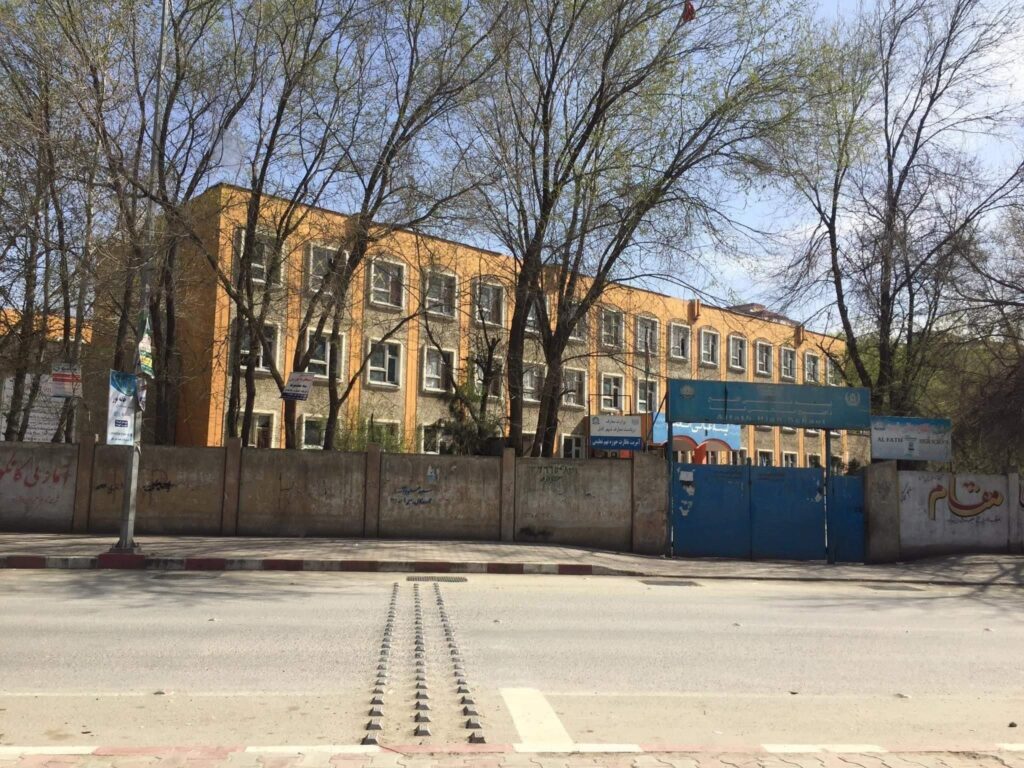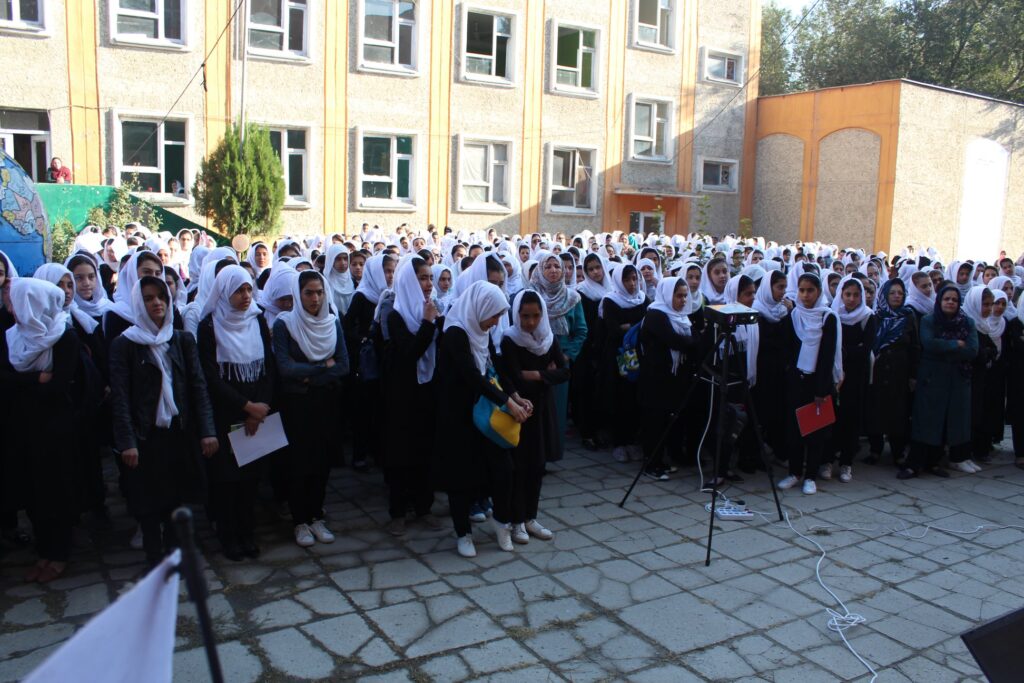Kabul (Kubha News) – Zarmina, a resident of the Ahmad Shah Baba Mina (Arzan Qemat) area in Kabul, graduated from a private high school in 2022. She spent nine months attending a private course in Qala-e-Fatullah four days a week to prepare for the Kankor exam. However, two months before completing her preparation, the Taliban government announced the ban on girls participating in the Kankor exam.
Zarmina, who aspired to become a lawyer by studying law, said, “By banning girls from taking the Kankor and attending university, I have been deprived of my most basic right, which is education, and I cannot raise my voice for this right.”
The Taliban-controlled National Examination Authority announced that the general Kankor exam for 2024 will begin in the second week of June.
Abdul Baqi Haqqani, the acting head of the National Examination Authority, told reporters in Kabul that this year’s Kankor exam would be conducted in five phases with over 1.4 million applicants, but girls would again not be allowed to participate.
In response to a question about the fate of girls aspiring to take the Kankor exam, Haqqani stated that the guidelines for the return of girls to higher education institutions had not yet been finalized and that they were still working on these guidelines.
High-ranking Taliban officials previously stated in meetings with a group of self-proclaimed representatives of Afghan expatriates in Europe that they were not against girls’ education and were working to create a “suitable environment” for girls to continue their education.
However, despite over 1,000 days since schools were closed to girls above the sixth grade and nearly a year since the ban on girls attending university, the Taliban government has not held a single session to discuss the creation of such an environment.
Shabnam Bayani, a teacher at Al-Fatah High School in Kabul, expressed her concern for the future of the girls she taught for three years, who now face uncertainty: “Every month when I receive my salary, I feel ashamed with my conscience and ask myself what service I am getting this money for. Every week, I speak with two or three of my students over the phone. They cry and tell me about their suffering, which neither I can solve nor can they.”

Although the Taliban consider the issue of girls’ education an internal matter for Afghanistan, their officials have so far been unwilling to engage with women, civil activists, women’s rights activists, and political activists within Afghanistan on this issue.
